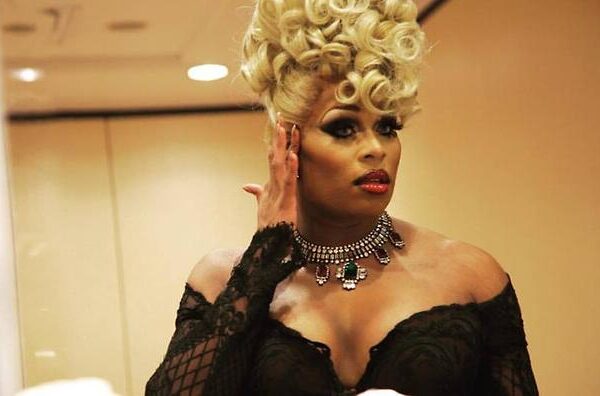Last year, the LGBTQ community faced an onslaught of scrutiny and threats, from bills banning trans youth from participating in sports, to bans on gender-affirming care for trans youth. Towards the end of the year, another front for legislative and violent attacks emerged: drag shows. As drag reality competitions and drag brunches become increasingly popular, backlash in the form of armed protests and intimidation of drag performers has followed.
In November, an Oklahoma bakeshop had a molotov cocktail thrown through its window after hosting a drag show. Later that same month, a shooter entered a Colorado Springs drag show and opened fire, killing five people and injuring over 20 more. In December, far right groups such as the Patriot Front and Proud Boys showed up to a drag story hour in Columbus, Ohio, armed while others held up signs with slogans like “groomers not welcome” and “groomers are child abusers.” These are, unfortunately, not one offs. GLAAD reported that drag events faced 141 protests and serious threats in 2022.
Towards the end of 2022, lawmakers in six states proposed bills to ban drag in public or in the presence of minors. Amidst this wave of anti-drag legislation and violence, drag performers and host venues across the country are moving to higher security or cancel performances altogether. Despite this risk, drag performers are mobilizing to resist this most recent wave of discrimination and can count on the ACLU to support the fight against drag censorship. Here to talk with us about drag censorship and the tools to defend this expression are Peppermint, notable drag performer and ACLU’s Artist Ambassador for Transgender Justice, and Emerson Sykes, senior staff attorney at the ACLU’s Speech Privacy and Technology Project.

